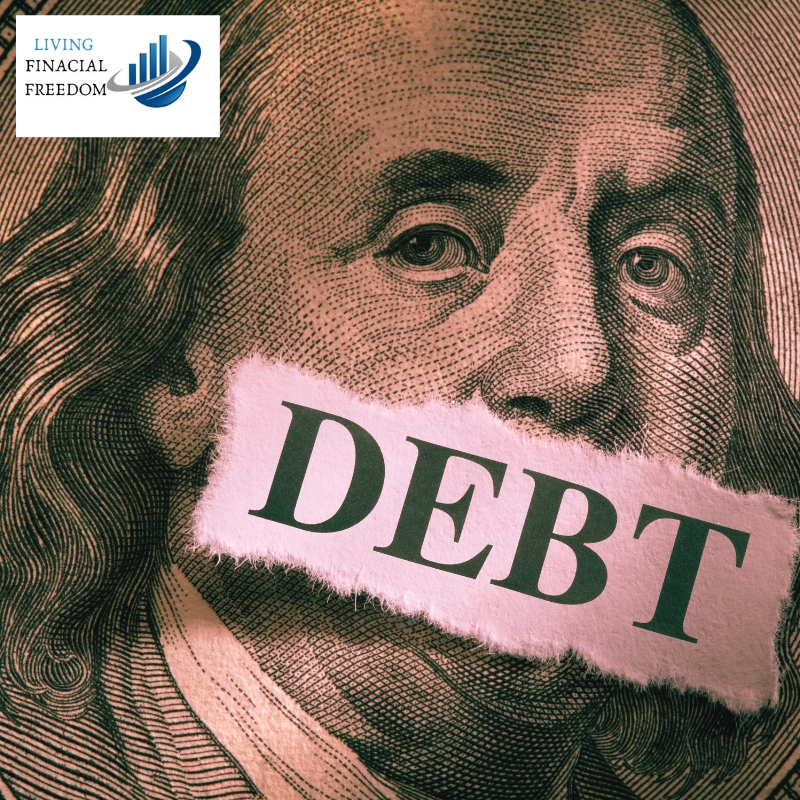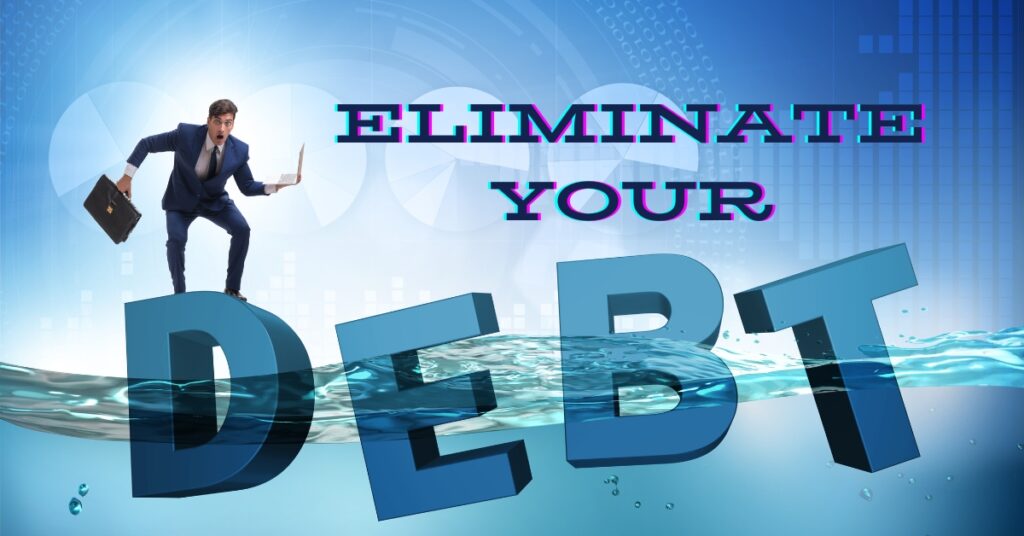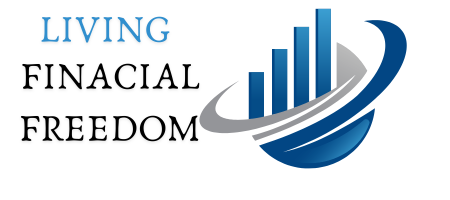
How to Eliminate Debt Fast: Secret Strategies for Financial Freedom
Introduction
Debt can be a significant barrier to financial freedom. Whether it’s credit card debt, student loans, or medical bills, carrying debt can prevent you from achieving your financial goals and create ongoing stress. However, with the right strategies, you can eliminate debt fast and start building wealth. This guide will show you how to get out of debt fast and stay debt-free for good.
Understanding the Impact of Debt on Your Financial Freedom
Debt can feel like a heavyweight, dragging down your financial progress. High-interest debt, in particular, can grow rapidly, making it difficult to escape the cycle. The first step toward financial freedom is understanding the true impact of debt on your finances and mental well-being.
Step 1: Assess Your Debt Situation
Before you can tackle your debt, you need a clear understanding of what you owe. Start by listing all your debts, including the balance, interest rate, and minimum monthly payment for each one.
- Create a Debt List: Organize your debts from smallest to largest balance or by interest rate, depending on which repayment strategy you choose.
- Calculate Your Debt-to-Income Ratio: This ratio shows how much of your income goes toward paying off debt and can help you understand the severity of your debt situation.
Step 2: Choose a Debt Repayment Strategy
Once you have a clear picture of your debt, it’s time to choose a repayment strategy. Two of the most popular methods to eliminate debt fast are the Debt Snowball and Debt Avalanche strategies.
- Debt Snowball Method: Focus on paying off the smallest debts first while making minimum payments on the others. Once a debt is paid off, move on to the next smallest. This method provides quick wins and keeps you motivated.
- Debt Avalanche Method: Focus on paying off debts with the highest interest rates first, which saves you more money in the long run. After the highest interest debt is paid off, move on to the next highest.

Step 3: Create a Debt Repayment Plan
A solid repayment plan is essential for eliminating debt quickly. Start by reviewing your budget and finding areas where you can cut back to free up more money for debt repayment.
- Increase Your Monthly Payments: Even a small increase in your monthly payments can significantly reduce the time it takes to pay off debt and save you money on interest.
- Consider a Side Hustle: Increasing your income through a side hustle can provide additional funds to accelerate your debt repayment.
- Step 4: Negotiate with Creditors
If you’re struggling to keep up with payments, consider reaching out to your creditors to negotiate better terms. This could include lowering your interest rate, extending the repayment period, or settling the debt for less than what you owe.
- Contact Creditors Directly: Many creditors are willing to work with you, especially if you’re proactive about your situation. Explain your financial hardship and ask for reduced interest rates or payment plans.
- Consider Debt Settlement: If you’re severely behind on payments, you might negotiate a debt settlement where you pay a lump sum that is less than the full amount owed.
- Step 5: Avoid Accumulating New Debt
As you work on paying off your current debt, it’s crucial to avoid taking on new debt. This might involve changing your spending habits, relying on cash rather than credit, and being mindful of your financial decisions.
- Cut Up Credit Cards: Consider cutting up or storing away credit cards to prevent further use until you’re debt-free.
- Build an Emergency Fund: An emergency fund can prevent you from turning to credit cards in times of unexpected expenses and help you eliminate debt fast
Conclusion
Eliminating debt is a crucial step toward financial freedom. By understanding your debt, choosing a repayment strategy, and sticking to a plan, you can get out of debt faster than you thought possible. Remember, the goal is not just to become debt-free but to stay that way by making smart financial decisions in the future.


